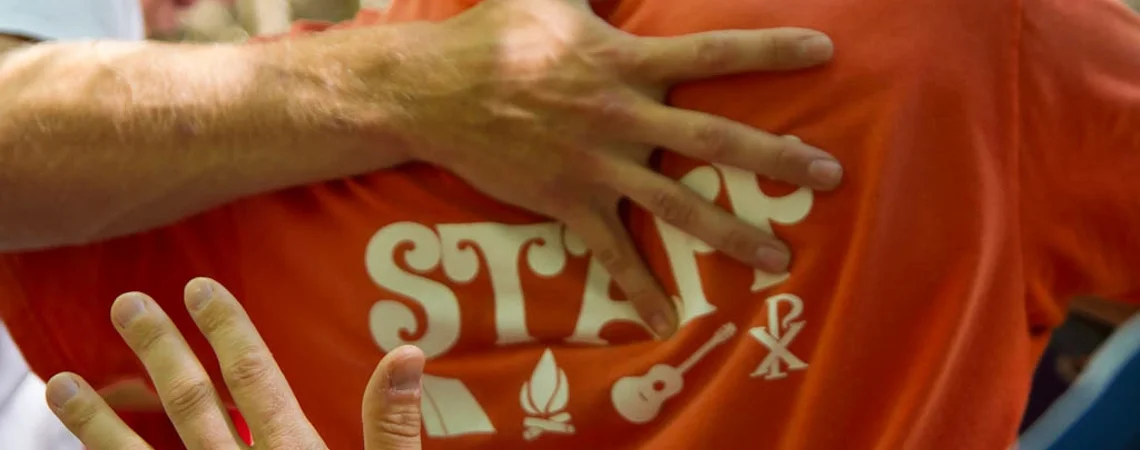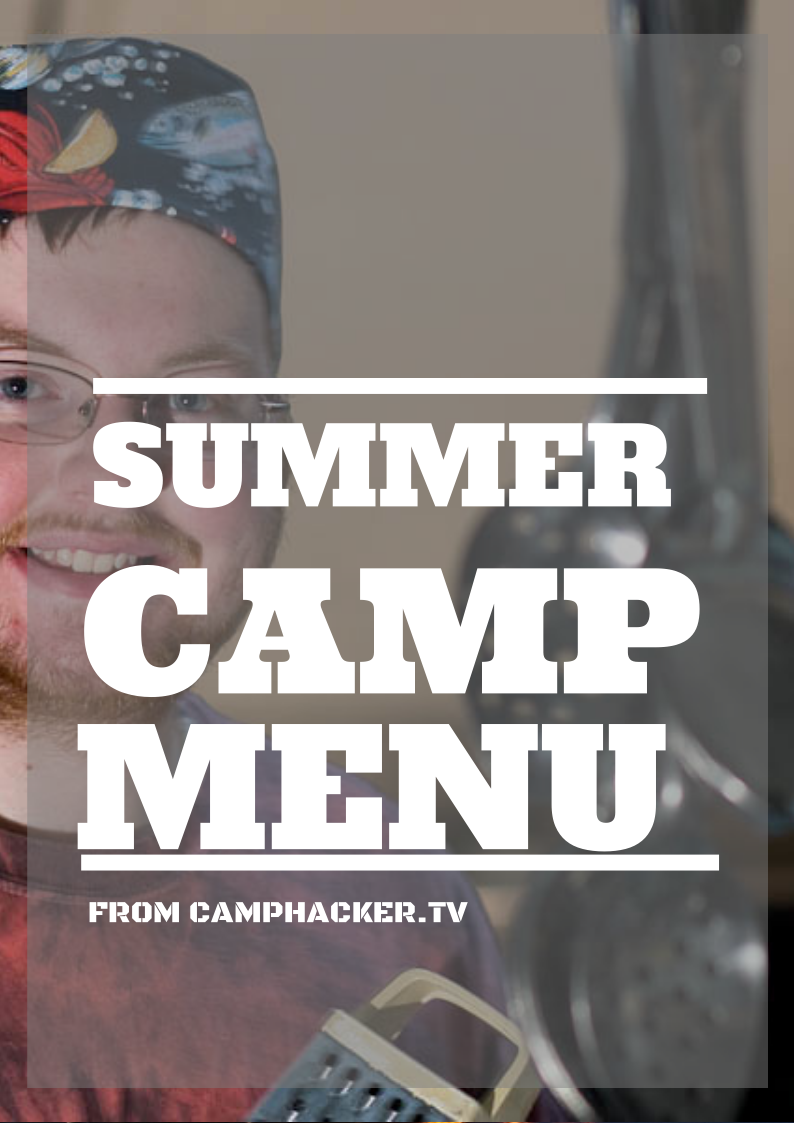Step 1: How fun is this?
In these small groups, staff members must order these activities from “most fun” to “least fun,” based on nothing but their own subjectivity. Ties are permitted. When the groups have finished this task, they meet back as a large group, and discuss how their lists are different, and how they are the same.
Immediately, groups realize that they have totally different perspectives on what is a good time, and what isn’t. This is great – it allows staff and directors to learn where others’ interests lie – and really helps us help staff find the roles where they feel most fulfilled and confident.
Another thing that comes to light is the pride different areas take in various tasks that might otherwise seem mundane. Last year, I learned that my kitchen staff love taking out the garbage, because they get to ride the tractor, and they’d developed a little game around it. They shared this with the rest of the staff, who immediately moved up taking out the garbage on their lists.
Perhaps the largest benefit of the initial stage of this activity is the awareness of just how much goes into making camp happen. A lot of times, staff members in different areas struggle with empathizing with people who work in other areas. Working in the kitchen might seem easy when kitchen staff members have the whole night off and you’re dealing with a wet bed at 2 AM, but you may not have realized they’re up at 5:45 every day to make breakfast happen. Being a counselor might look like fun and games to you, as a kitchen staff person, if you never even considered that counselors deal with homesickness nightly.
When staff understand the hard work that everyone puts in, regardless of their role, staff unity is a lot more possible.
Note: We have a staffing format that means most staff will do most responsibilities over the course of the summer. If your staff has segregated duties, be mindful that people with “less fun” jobs might struggle with this activity at first. The payoff comes later, so stick with it!
Step 2: Making the case
After staff have come to peace with the differences in their respective lists, we allow for staff to make the case that certain activities should be higher or lower on others’ lists. The only rule is that you must have performed this task at our camp, or in another working environment. It’s okay to speculate on what would be more or less fun for you in the small group setting, but before the large group, we want to hear from people who have done the different jobs.
I love this portion of the activity because it gives people a chance to give voice to their joys and struggles during the summer. It gives me, as a director, a chance to give voice to the struggles I have during the summer. I love listening to a counselor share her passion for leading arts and crafts, even if another group finds it tedious. I love sharing how difficult it is for me to call a parent and share how his or her child is struggling at camp. I love watching people adjusting their lists based on the testimony of others. In those moments, camp staff are really getting what it’s like to be in the roles of other members of our community, and deepening the sense of buy-in that we have toward one another.
Step 3: A matter of utmost importance
In this step, staff are charged with grouping the activities based on a different set of criteria. While making it clear that camp couldn’t happen without everyone doing all of their specific duties, we are going to discuss how serious it would be if various things didn’t get done.
We’ll form 4 different buckets, and answer the following sentence by putting each task in a given bucket:
If no one ___________________, camp would be ________________.
In the first blank, you place the activity. In the second blank, staff must answer with one of these four answers: Ruined, Much Worse, A little Worse, Fine.
This is where those of us (and I’m including directors, here!) who perform a lot of tasks that the group declared “un-fun” are given our due. We start at the top of the fun list.
If no one played gaga, camp would be a little worse (be prepared for debate!).
If no one made housing assignments, camp would be much worse.
If no one cooked the food, camp would be ruined.
If no one plunged the toilets, camp would be ruined.
A pattern will begin to emerge. A lot of the activities that are the least amount of fun are among the very most important in helping the camp to function. This step of the activity inevitably creates a feeling of gratitude and understanding toward people who do the difficult or “less-fun” tasks that make camp go.
Step 4: Debrief
This activity, while it can be a lot of fun, can have some serious impact as well. Some people don’t like the idea that they spend a lot of time doing things people believe to be “un-fun.” This is where the counselor’s speech, and framing expectations comes into play.
I’ll always note during the debrief that we do our best to help people prepare for exactly what they’ll be doing at camp this summer. I’ll ask, “Why on earth would anyone sign up to come work someplace where they know they will have to do things that might not be fun?”








